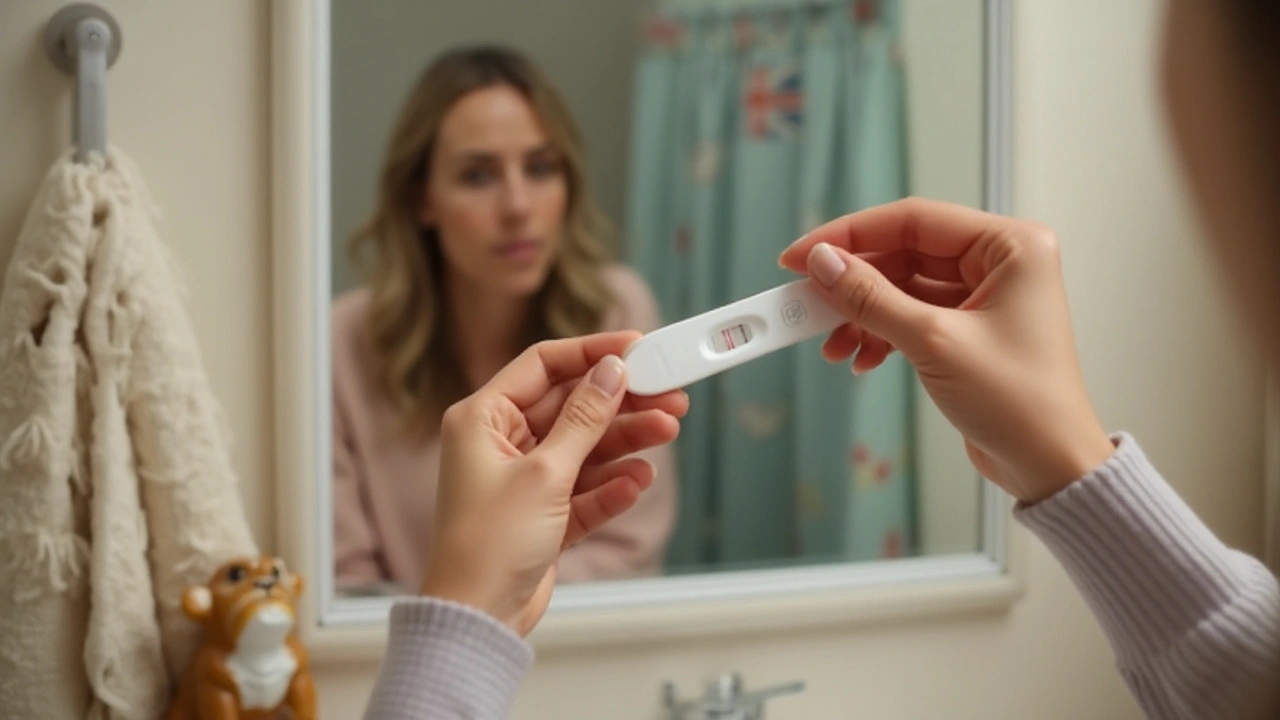Miscarriages: Quick Facts, Signs & How to Cope
If you’re reading this, chances are you or someone you know is dealing with a miscarriage. It’s a tough topic, but getting clear info can make the scary parts feel more manageable.
What Exactly Is a Miscarriage?
A miscarriage (also called early pregnancy loss) means the pregnancy ends before the 20th week. Most happen in the first trimester when the embryo or fetus stops developing. It’s usually not caused by anything you did, and many times doctors can’t point to a single reason.
Common Signs and When to Call a Doctor
The most obvious sign is vaginal bleeding that’s heavier than a regular period. Spotting alone isn’t always a problem, but if it gets dark or clots appear, reach out for help. Cramping that feels like strong menstrual pain, especially on one side, is another red flag. Some people notice a sudden loss of pregnancy symptoms—like breast tenderness or nausea disappearing abruptly.
Don’t wait for all the signs to show up. If you have any bleeding with cramping, call your healthcare provider right away. They might ask for an ultrasound or blood test (hCG levels) to see what’s happening inside.
What Increases the Risk?
Age is a big factor—women over 35 have a higher chance of miscarriage. Certain health conditions, such as uncontrolled diabetes, thyroid problems, or severe infections, also raise the risk. Lifestyle choices matter too: smoking, heavy drinking, and using illegal drugs can hurt early development. Even things like extreme stress or very high caffeine intake might play a role, though evidence varies.
Most of these risks are preventable or manageable with medical care. If you’re planning a pregnancy, talk to your doctor about getting a check‑up, balancing hormones, and quitting smoking or drinking well before trying.
Coping After a Loss
The physical side usually settles within a few weeks, but the emotional impact can linger longer. It’s normal to feel grief, anger, guilt, or numbness. Give yourself permission to mourn—there’s no “right” way to react.
Talking helps. Reach out to a partner, friend, or family member who will listen without judgment. If you’re comfortable, join a support group (online forums are handy) where others share similar experiences. Professional counseling can also provide tools to process the loss and plan for future pregnancies if that’s something you want.
Take care of your body while you heal. Eat balanced meals, stay hydrated, and get gentle movement like walking. Avoid heavy lifting or intense exercise until your doctor says it’s safe.
When to Seek Follow‑Up Care
After the miscarriage is confirmed, ask for a follow‑up appointment. Doctors often check that hormone levels return to normal and discuss any underlying issues that might have contributed. If you plan another pregnancy soon, they can suggest timing, possible supplements (like folic acid), or treatments to improve odds.
If bleeding continues heavily, you develop fever, or feel severe pain, treat it as an emergency—these could signal infection or retained tissue.
Remember, a miscarriage doesn’t define your ability to have healthy pregnancies later. With the right medical advice and emotional support, many people go on to have successful pregnancies after a loss.

